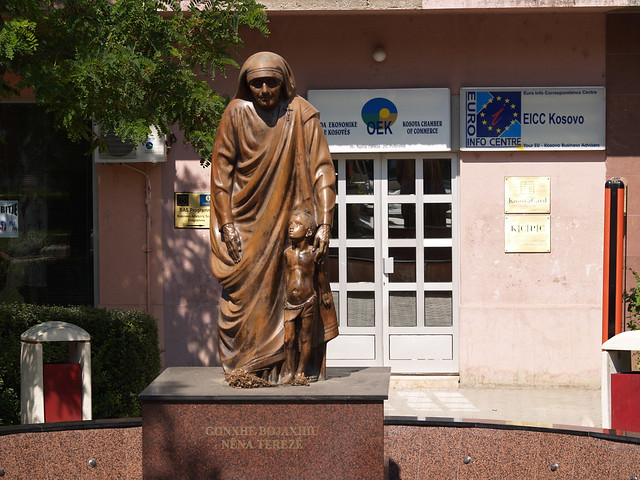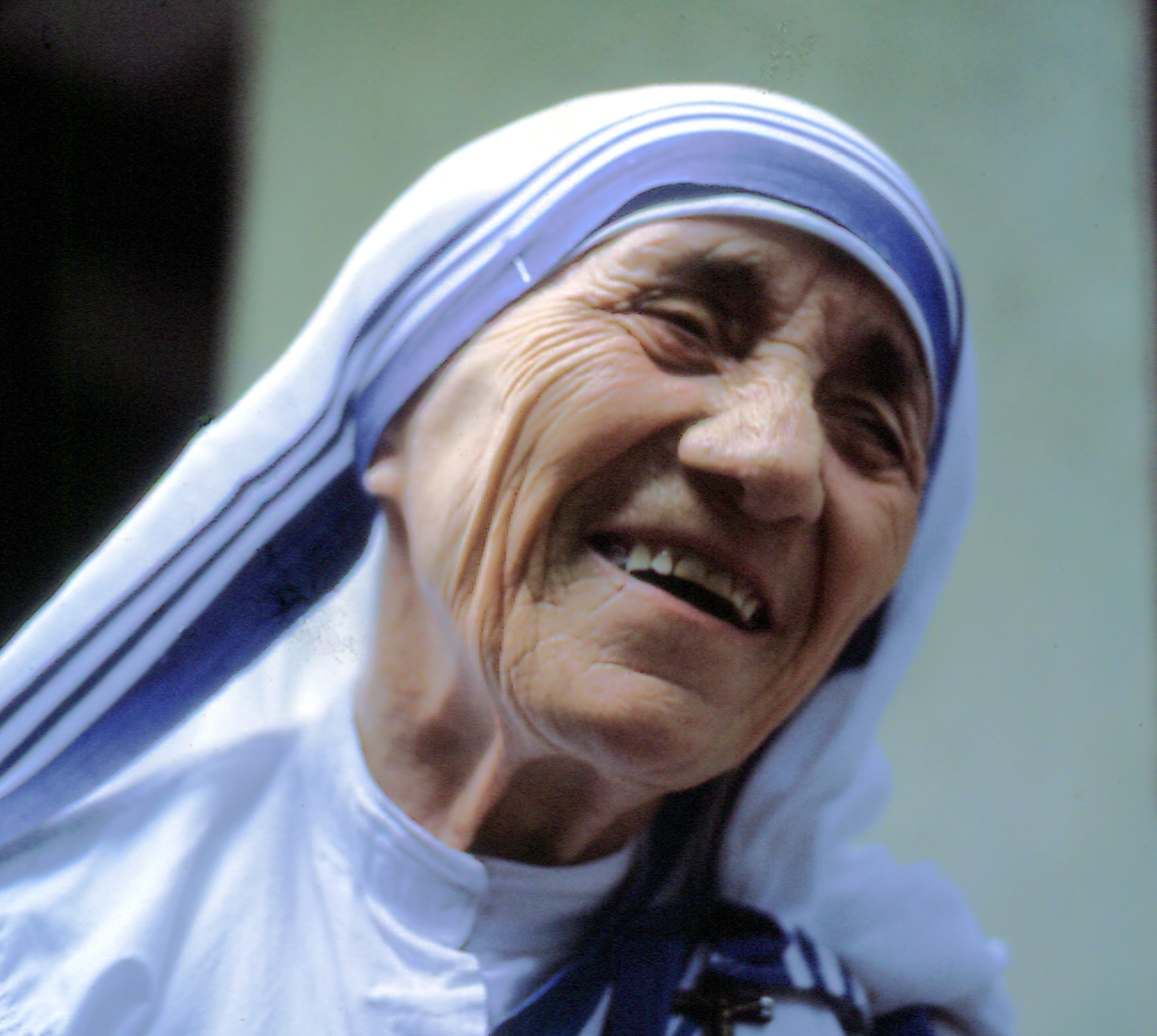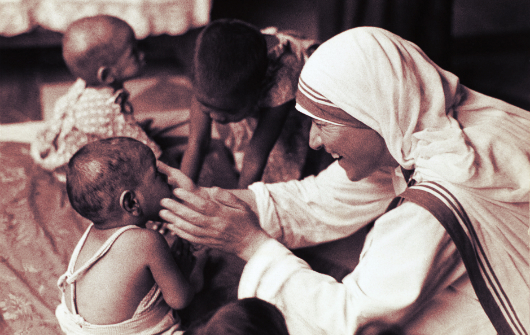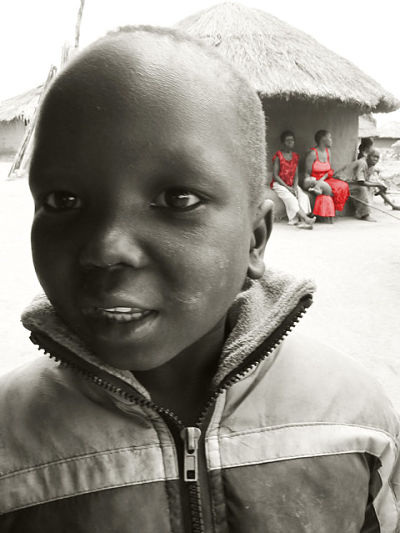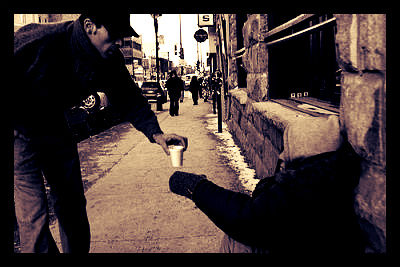
Book lovers or activists on the search for an inspirational read should find interest in this book list. From stories of equal access to education to serving the world’s poor, here is a list of five inspirational books with advocate authors.
5 Inspirational Books with Advocate Authors
- “I Am Malala: The Story of the Girl Who Stood Up for Education and Was Shot by the Taliban” by Malala Yousafzai and Christina Lamb: Growing up in Pakistan, Malala Yousafzai faced barriers as a woman. Malala loved school, but her life changed when the Taliban took over her town. It banned girls from attending school when she was 11 years old. After speaking out on behalf of girls’ right to an education, a masked gunman shot Malala while on her bus ride home from school. Miraculously, she survived and became an advocate for girls everywhere, sharing her story in her book “I am Malala.” She once said, “I tell my story not because it is unique, but because it is the story of many girls.”
- “Long Walk to Freedom” by Nelson Mandela: Regarded as an international hero for his fight against racial oppression in South Africa, Mandela went on to tell his story in this inspirational autobiography. Mandela was an anti-apartheid activist and was also the leader of the African National Congress’ armed wing, Umkhonto we Sizwe, before his presidency in South Africa from 1994-1999. Mandela received a conviction on charges of sabotage and other crimes as he led a movement against apartheid, serving 27 years in prison. Mandela received the Nobel Peace Prize in 1993 for his groundbreaking work that led to the beginning of the end to apartheid.
- “The Moment of Lift” by Melinda Gates: A New York Times instant best-seller, Melinda Gates’ “The Moment of Lift” tells the stories of the women she met during her years of humanitarian work and research around the world. Simultaneously, she also tells the story of her personal journey to achieving equality in her marriage to Microsoft founder Bill Gates. Gates makes this foundational claim in her evocative book: “When we lift up women, we lift up humanity.” President Barack Obama praised Gates’ first book for its power and importance: “In her book, Melinda tells the stories of the inspiring people she’s met through her work all over the world, digs into the data and powerfully illustrates issues that need our attention—from child marriage to gender inequity in the workplace.”
- “Becoming” by Michelle Obama: Michelle Obama, the first African American First Lady of the United States of America, tells her impressive story in this thought-provoking novel. From growing up on the south side of Chicago, balancing an executive position, motherhood and her time as First Lady, Obama demonstrates her dedication as an advocate for women and girls everywhere. In this number one U.S. bestselling memoir, Obama promotes inclusivity and displays important advancements toward healthy living for families everywhere, cementing her place in this list of inspirational books with advocate authors.
- “Mother Theresa: In My Own Words” by Mother Teresa: Mother Teresa was a Roman Catholic nun who worked for over 40 years in India. She ministered for the sick and poor as she founded and expanded the Missionaries of Charity. Mother Teresa became a famed humanitarian and advocate for the poor by 1970. She received the Nobel Peace Prize for her inspirational and selfless work in Calcutta, India. A collection of quotes, stories and prayers, “Mother Teresa: In My Own Words” is a testament to the power of her words, not only for the poor but for everyone around the globe.
– Hannah White
Photo: Flickr
